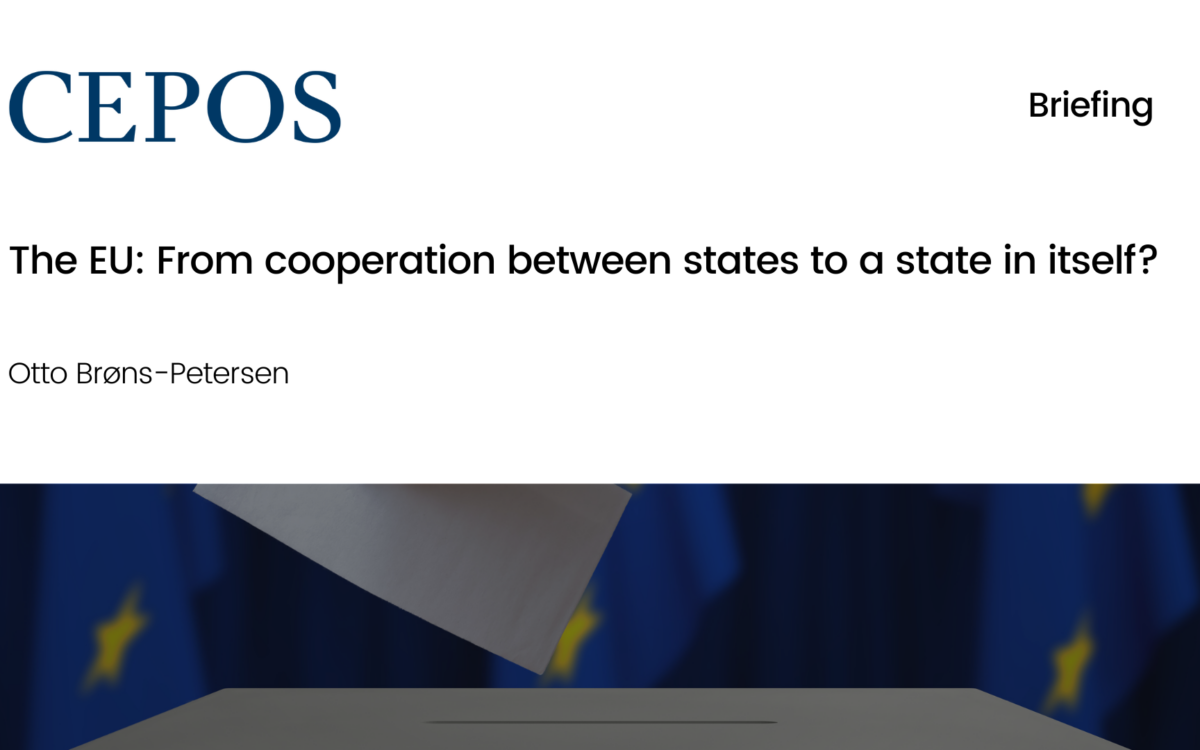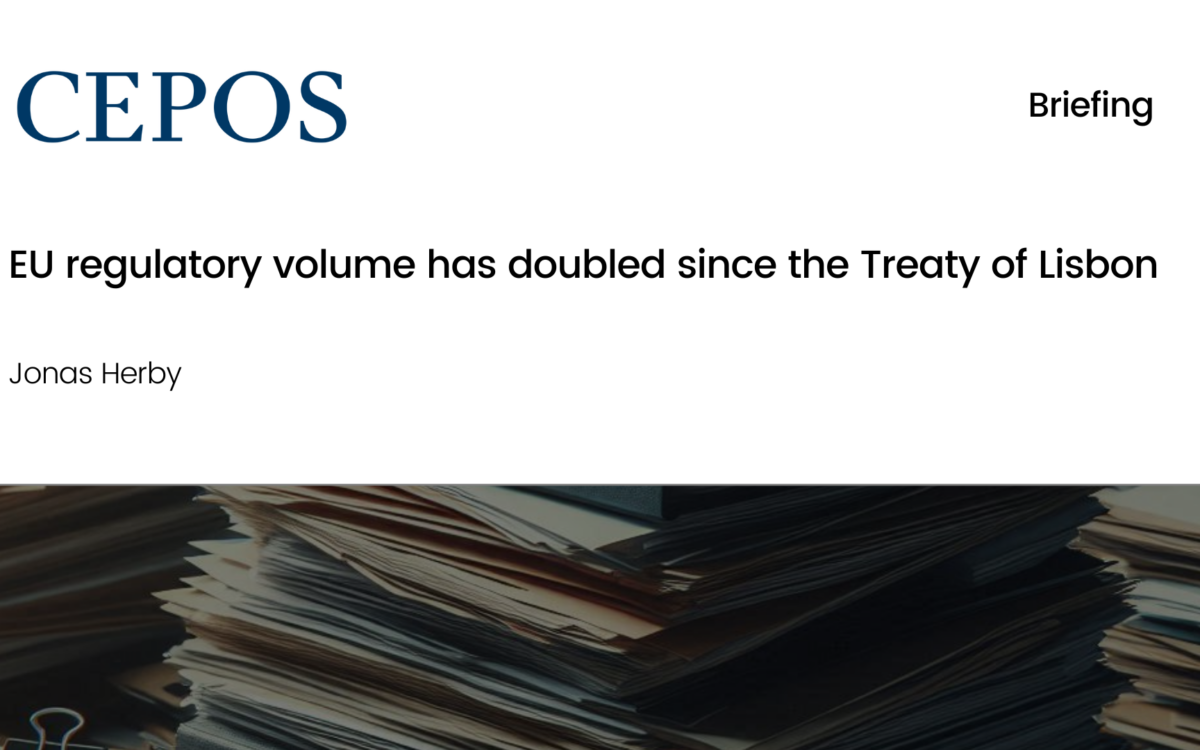Solvency II and the CMU: Unlocking Contractual Savings’ Investment

Solvency II and the CMU: Unlocking Contractual Savings’ Investment
March 2017
Even though the free movement of capital has been a legislative reality in the European Union since the Treaty of Rome, the markets for most financial services and products remain largely divided. One of the main reasons for this is Europe’s over-reliance on bank funding, which has made the EU’s economy unstable and procyclical. In 2015, the European Commission presented the Capital Markets Union Action Plan, which includes a comprehensive set of financial reforms attempting to reduce the dependence on banks and expand and integrate Europe’s capital markets.
The Commission has been clear about its intention to accelerate said reforms, launching a public consultation in January ahead of a midterm review in June. Although generally they are on the right track, they do not consider the reform to contractual savings regulation needed to form more robust and integrated capital markets. The Solvency II Directive, which came into effect last year, unnecessarily restricts insurance and pension fund market activity, and therefore goes against the Capital Markets Union’s goal of increasing the role of alternative sources of finance.
Insurance companies and pension funds are crucial players in capital markets. Moreover, they traditionally hold a high proportion of foreign assets. Because of this, rethinking their regulation to unlock their investment will prove crucial to integrate Europe’s financing markets.
Download or share this publication
View the PDF
EPICENTER publications and contributions from our member think tanks are designed to promote the discussion of economic issues and the role of markets in solving economic and social problems. As with all EPICENTER publications, the views expressed here are those of the author and not EPICENTER or its member think tanks (which have no corporate view).



